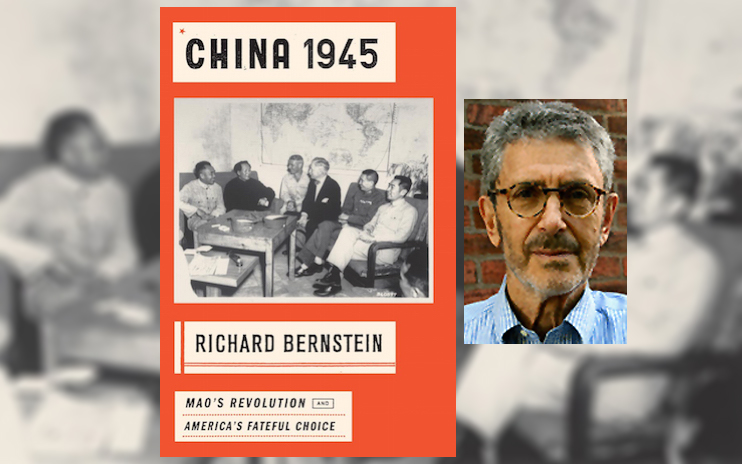Tuesday, January 13, 2015 | 5:30 PM EST - 5:30 PM EST
Dorsey & Whitney LLP |, New York, NY
As 1945 began, the United States was on surprisingly congenial terms with China’s Communist rebels; their soldiers treated their American counterparts as heroes, rescuing airmen shot down over enemy territory. Chinese leaders talked of a future in which American money and technology would help lift China out of poverty. Mao Zedong himself held friendly meetings with U.S. emissaries, vowing to them his intention of establishing an American-style democracy in China.
By year’s end, however, cordiality had been replaced by chilly hostility and distrust. Chinese Communist soldiers were setting ambushes for American marines in north China; Communist newspapers were portraying the United States as an implacable imperialist enemy; civil war in China was erupting. The pattern was set for a quarter century of almost total Sino-American mistrust, with the devastating wars in Korea and Vietnam among the consequences.
In China 1945, Richard Bernstein tells the incredible story of that year’s sea change, analyzing its many components, from ferocious infighting among U.S. diplomats, military leaders, and opinion makers to the complex relations between Mao and his patron, Stalin. Bernstein examines the first time that American power and good intentions came face-to-face with a powerful Asian revolutionary movement, and challenges familiar assumptions about the origins of modern Sino-American relations.
At a National Committee event on January 13, 2015, Richard Bernstein discussed his new book, China 1945.
Richard Bernstein
Richard Bernstein studied Chinese history with the legendary John K. Fairbank at Harvard University before becoming one of the first American journalists to be stationed in the People’s Republic of China, opening the Time bureau in Beijing in 1980. He then spent twenty-five years as a staff correspondent for the New York Times for which he reported from more than two dozen countries in Asia, Europe, and Africa. His postings included the United Nations, Paris, and Berlin; he was also a national cultural correspondent and daily book critic.
In addition, Mr. Bernstein’s articles and commentaries have appeared in The New Republic, the International Herald Tribune, Foreign Affairs, and the New York Review of Books. He is the author of nine books including From the Center of the Earth: The Search for the Truth About China and Ultimate Journey: Retracing the Path of an Ancient Buddhist Monk Who Crossed Asia in Search of Enlightenment.
